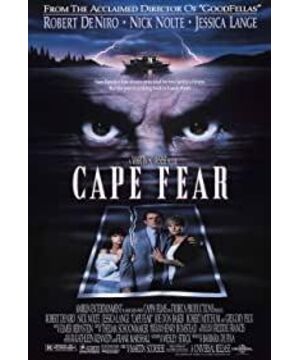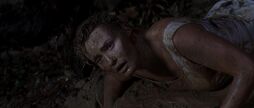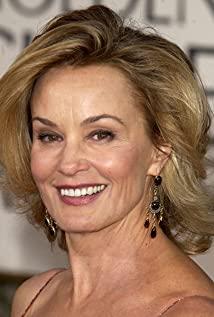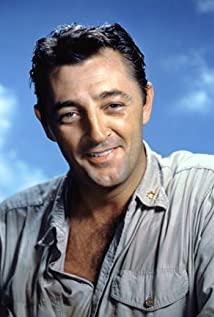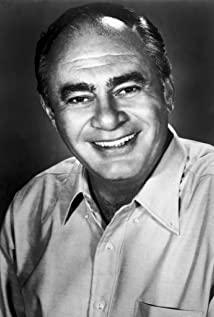Martin's usual rudeness is still very obvious, although it feels very twisted, even if it is considered a horror movie, it has a certain inverted feeling.
Retaliation unfolds between calm rationality and uncontrollable brutality, and the result is hard to say, or would it be better for the lawyers to die? And De Niro has never existed-as revenge, just a strange person, is it a direct explanation of will? It makes more sense. People who are symbols of the will to revenge may not exist at all, at least they will think so in the future. Is it because of fear? No, in Nietzsche's words, it should be superhuman. So, still survive as a human being. It has nothing to do with the axioms of moral justice—not a moral issue, but fear is not enough—think of the lawyer’s refusal to violate to planned murder. This is the story Martin wants to tell, although I don’t want to emphasize Nietzsche too much.
You can also discuss the Hollywood paradox: Regarding the justice of lawyers, legality and observance of the law do not necessarily represent justice, and justice does not necessarily have to be law-abiding, although the law is the incarnation of justice. Of course, revenge can also be understood as the director's paranoid criticism of a certain prejudice. Although this can also be discussed with Nietzsche: it is not a matter of law, nor is it fair. People are actually going to be surpassed. De Niro is closer to a certain intermediate state, but in the end there is still a mortal person. It's the death to complete the final will-although it is finally useless for people: we just don't mention it.
So the whole movie became angry and upright, proud and mad, so the mention of Nietzsche is very suitable. It's just an expression, it has nothing to do with the truth-no matter how much you look at it.
View more about Cape Fear reviews


